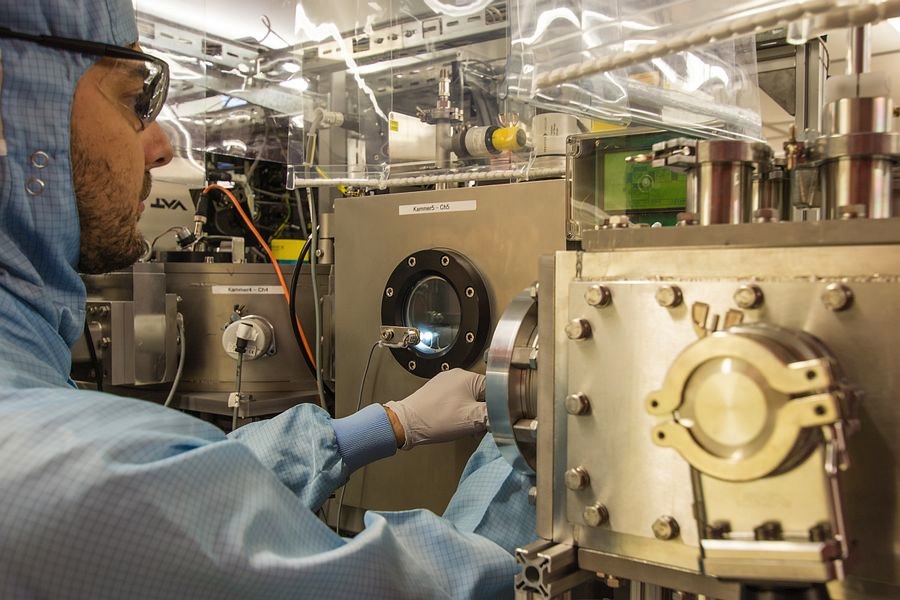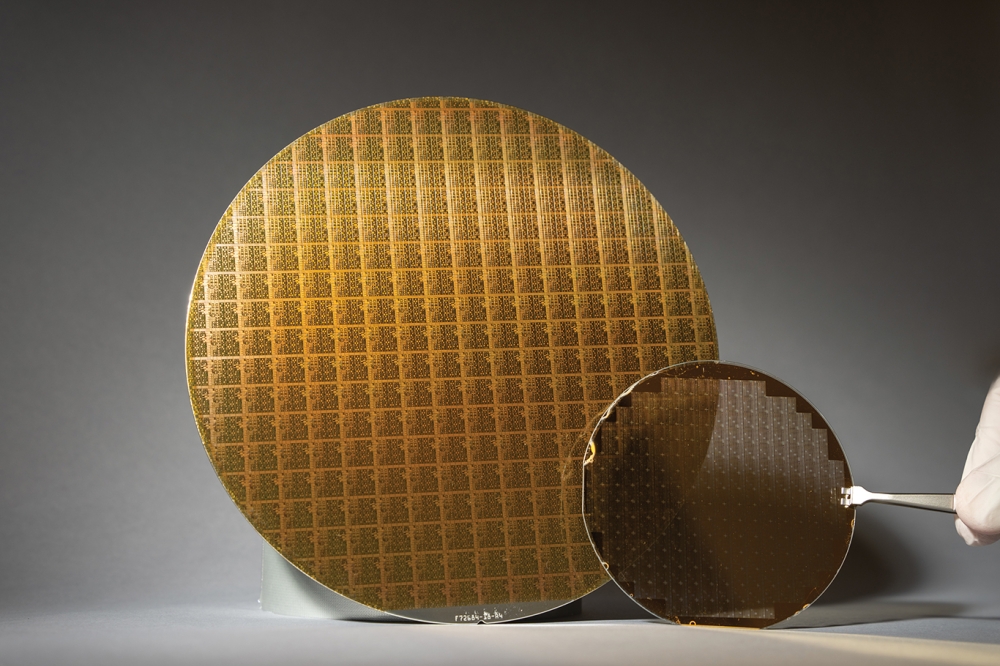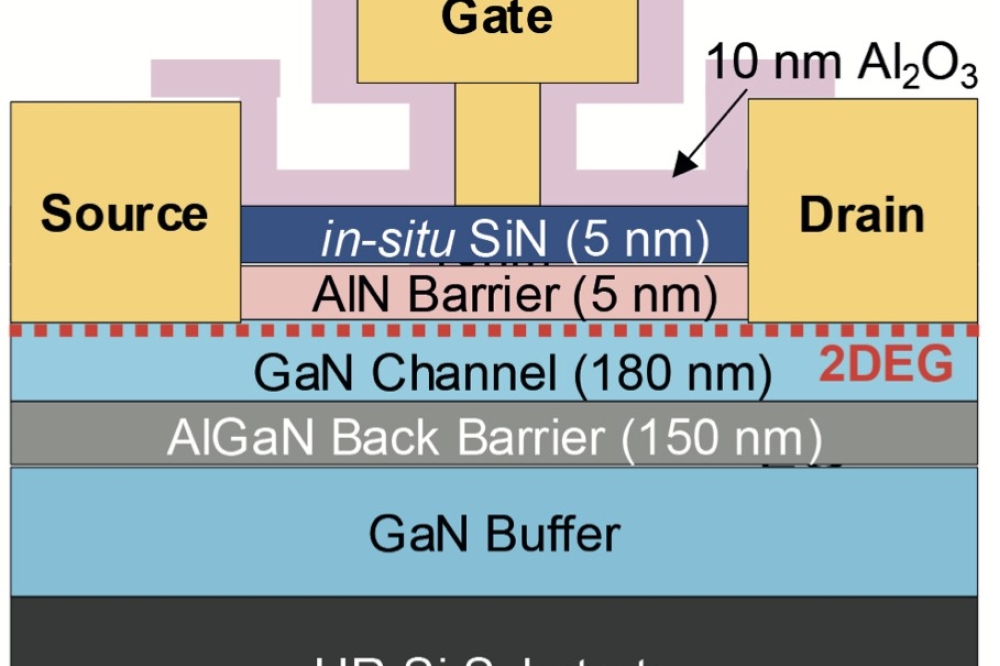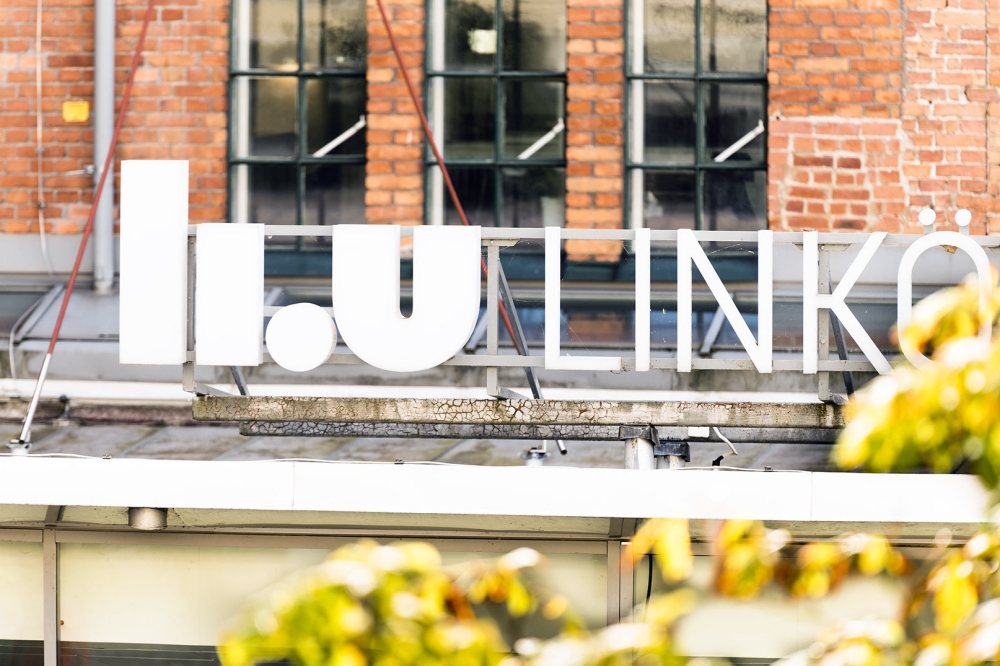Franco-German CIGS alliance

ZSW and IPVF launch collaboration to develop next generation flexible CIGS PVs
The Centre for Solar Energy and Hydrogen Research Baden-Wuerttemberg (ZSW) and the Institut Photovoltaïque d'àŽle de France (IPVF) are joining forces to cooperate closely in energy research. The aim of this Franco-German alliance is to develop the next generation of CIGS thin-film solar cells.
The partners recently signed the deal in Stuttgart to collaborate on this special variant of flexible photovoltaics (PVs)featuring CIGS. The agreement's initial term is five years.
This collaborative effort of Stuttgart and Paris researchers goes to optimise the upcoming thin-film photovoltaic technology, boost its efficiency and cut costs. CIGS technology has achieved remarkable success of late. Cell efficiency has increased by 3.6 percentage points over the past five years. At 14 to 15 percent, CIGS thin-film solar modules sold today are challenging the silicon modules that dominate the market.
The researchers' agenda is to further exploit CIGS potential to further strengthen and accelerate the deployment of photovoltaics in the energy transition. To reach climate protection targets, increasing the efficiency of PV modules at low costs in a short term perspective is of key importance.
Focus on flexible solar cells
This joint effort is to focus on flexible solar cells and modules. The objective is to gain a deeper understanding of the processes in the solar cell and then increase cell efficiency. New materials and material combinations for flexible solar cells are also on the agenda, as is joint participation in research initiatives and an exchange program for the two institutes' researchers and doctoral students.


































